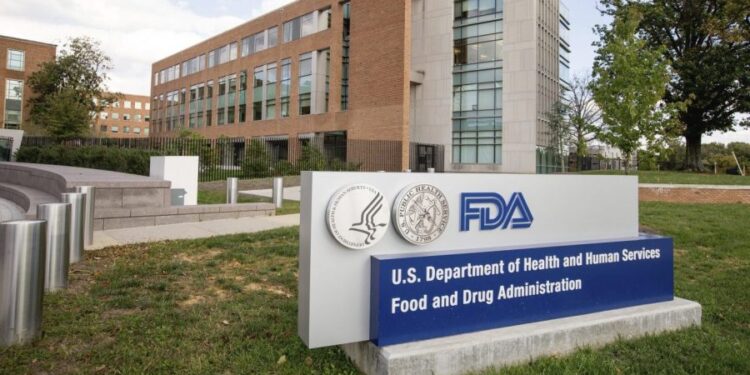
A warning letter from the Food and Drug Administration (FDA) said that the agency’s investigator found a “black mold-like substance” during a Tom’s of Maine inspection in May.
The letter, sent Nov. 5, said that the investigator observed several violations during the inspection, including unsanitary practices at the toothpaste manufacturer’s facility and a failure to follow complaint procedures.
In response to a request for comment, Tom’s of Maine said that it is working with the FDA to remedy the issues found during the inspection.
“Tom’s is committed to making safe and effective natural products for our consumers, and to maintaining the trust in our brand,” it said in an emailed statement, adding that it will continue to test finished products and “we remain fully confident in the safety and quality of the toothpaste we make.”
It also said that it has engaged water specialists to evaluate systems at Sanford and water testing “shows no issues.” It is also making capital investments to upgrade the water system at the Sanford plant.
According to the report, the investigator found the black mold-like substance at the base of a hose and behind a storage water tank. It was also “within one foot” of equipment used for over-the-counter drug production.
Additionally, pseudomonas aeruginosa — a bacteria that can cause infections in the blood, lungs and other parts of the body, according to the Centers for Disease Control and Prevention — was found in multiple water samples used to manufacture toothpaste and in the final rinse of different cleaning processes, the report read.
The inspection also found that the firm did not follow adequate complaint procedures because “not all quality related issues are investigated.”
“You only investigate complaints related to adverse event, foreign matter, and incorrect product. For example, approximately 400 complaints related to odor, color, and taste in your toothpaste products, including those for children, were not investigated,” the findings read.
The FDA recommended that Tom’s of Maine should find a consultant to assist with compliance to manufacturing practices, though it noted that using a consultant ” does not relieve the firm’s obligation” to follow the regulations.






